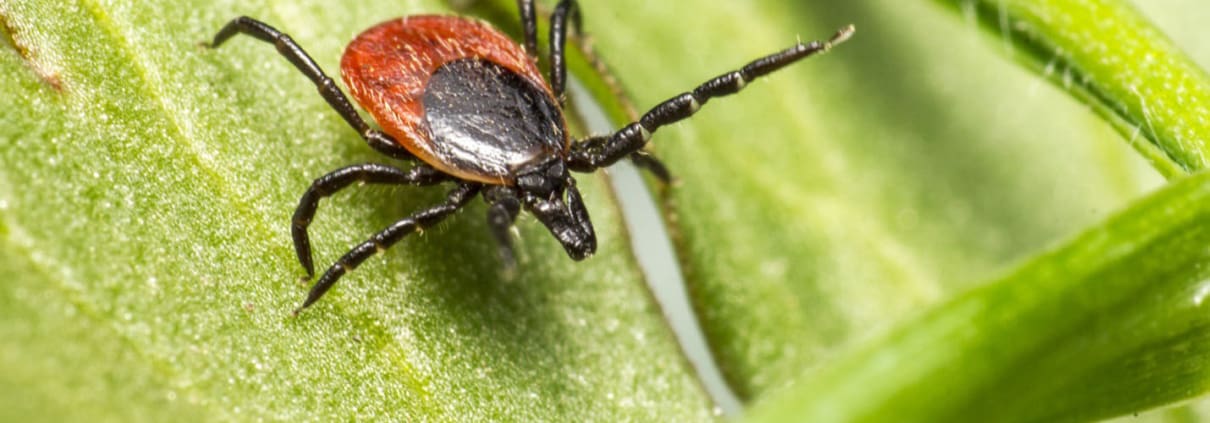Can bugs carry diseases?
In the realm of pest control, the focus is often on eradicating nuisances from our homes and workplaces. However, there’s a crucial aspect that goes beyond the annoyance factor – the potential health risks associated with bugs. Can bugs carry diseases? Let’s delve into this important question and explore the hidden dangers that pests might pose.
Vectors of Disease: Bugs, especially certain species of insects, can act as vectors for various diseases. These insects have the ability to transmit pathogens, such as bacteria and viruses, from one host to another. Mosquitoes, ticks, fleas, and flies are common examples of disease-carrying vectors.
Mosquitoes: Serious Disease Spreaders: Mosquitoes are notorious for transmitting diseases such as malaria, dengue fever, Zika virus, and West Nile virus. These tiny, buzzing insects are responsible for spreading some of the most debilitating illnesses across the globe. Proper mosquito control measures are crucial in areas where these diseases are prevalent.
Ticks and Lyme Disease: Ticks are another group of pests that can carry diseases, with Lyme disease being a prominent example. When an infected tick bites a human or an animal, it can transmit the bacteria responsible for causing Lyme disease. Timely tick control and removal are essential to prevent the spread of this potentially severe illness.
Fleas and Their Health Implications: Fleas are not just an annoyance for our pets; they can also pose health risks to humans. Fleas can transmit diseases such as murine typhus and bubonic plague. Maintaining a flea-free environment is crucial, especially in homes with pets.
Flies: More Than Just a Nuisance: Flies are not only bothersome but can also carry diseases by picking up pathogens from decaying organic matter and then transferring them to food or surfaces. Good hygiene practices and fly control are essential to prevent the spread of diseases like food poisoning.
Preventive Measures: To safeguard our homes and health from the potential threats posed by bugs, adopting preventive measures is key. Regular pest inspections, effective sanitation practices, and prompt elimination of breeding grounds are vital steps in bug control. Additionally, using insect repellents and protective clothing can reduce the risk of insect bites.
Professional Pest Control: While DIY methods can help manage minor pest issues, it’s crucial to enlist the services of professional pest control experts for comprehensive solutions. These professionals have the knowledge and tools to identify, target, and eliminate pest infestations effectively.
Conclusion: Bugs may be small, but the impact they can have on our health is significant. Understanding the potential for bugs to carry diseases underscores the importance of proactive pest control measures. By taking steps to prevent and address pest infestations, we not only protect our homes from nuisances but also safeguard the well-being of our families and communities. Remember, when it comes to pests and health, prevention is truly better than cure.
Lincoln Pest and Property Solutions is a locally owned and operated business serving Rhode Island & Southeastern Massachusetts. As one of the leading pest control companies in RI, our mission for over 35 years has been simple: Provide innovative and effective pest control solutions for your home or business, while maintaining a safe environment. We use the latest in eco-friendly technology to keep your home or place of business safe and pest free.



